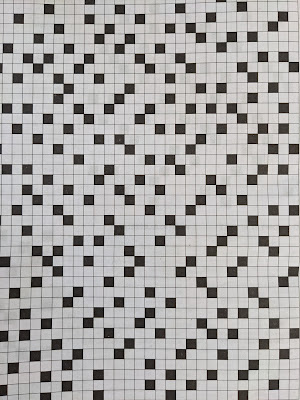Accidentals: What does it mean that the west is "open"?
 |
| Photo by Chastagner Thierry on Unsplash |
You've heard the words "west" and "open", perhaps even "culture", in one sentence before. At the time, you likely felt perplexed, speechless even. The idea of openness did not quite fit what you normally think of as being open. Unfortunately, you're not alone.
There are major misconceptions around the idea of openness of the west. The word doesn't mean much itself, not on its own anyways. Yet, it gained meaning as it traveled further east, until it became one description of what life is like in developed countries, not country. It, I imagine, grew with time to the point that it is now, most definitely, used by more than one ethnic group to describe the "west". Perversely, for lack of better words, the word "open", usually positive, was born from negative perceptions.
In retrospect, culture of openness is the opposite of traditional culture. Not that traditional is negative, rather, in this context, it is a word used to describe how collective principles bind a community, closer, together. But open is good, right? Not here. Away, geographically, from the idealism of freedom of individuality, community is valued more. By extension, the absence of said principles are not viewed favorably. While younger, contemporary, generations embrace rebelliously a shift away from communal societal principles, those principles or their absence define what it is to be "open." Traditional ideas are contrasted against "west[ern]" principles to come to a generalization the young can welcome: cohabitation.
With practices of a few hundreds of thousands of years out the window, marriages, the world, at least the parts of it looking to the west, are left completely and utterly confused. Societal principles that value small family bonds are challenged by the mere mention of "g/b-f." The absence of engagement or marriage, which are still the norm even in developed countries by the way, and the rise of hookups are what, somehow, the word "open" now represents. And while hookups are not exactly shunned in the west, they are far from being the norm.
This confusion creates difficulty in non-westerners' ability to differentiate westerners' ability to be in a traditional relationship. You can imagine that it is emotionally draining to find out that "the one" did not view your time together as lead to a long-term relationship... at all! It can happen to either side, but it is especially difficult to get over when it happens to a "west[erner]," because here is somebody who thought they are establishing a relationship with somebody who values families, because of their immediate cultural upbringing, but turns out that they viewed them as "open."
When generalizations stick, they are unfortunate. It'd be best if they aren't made in the first place.

